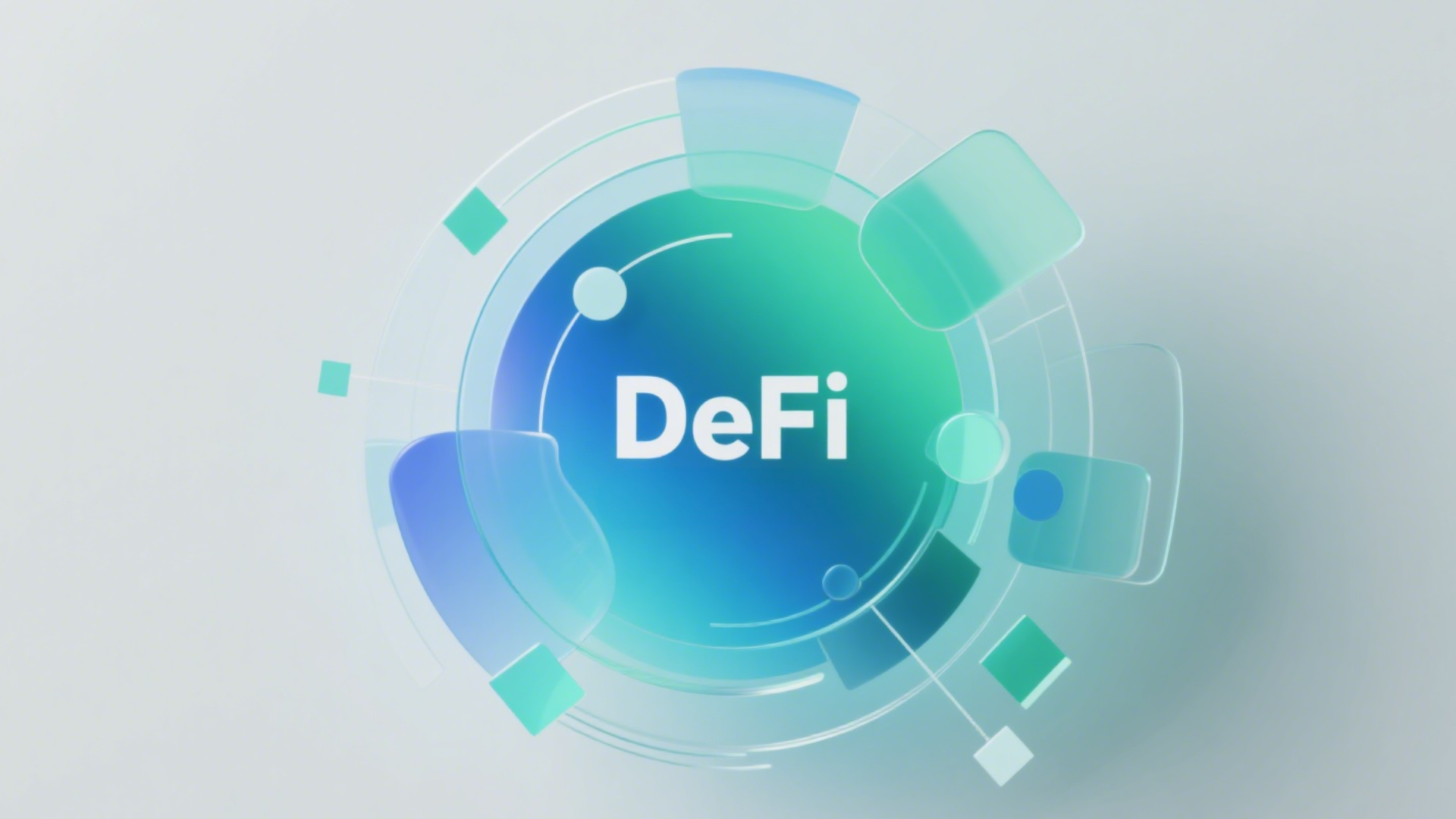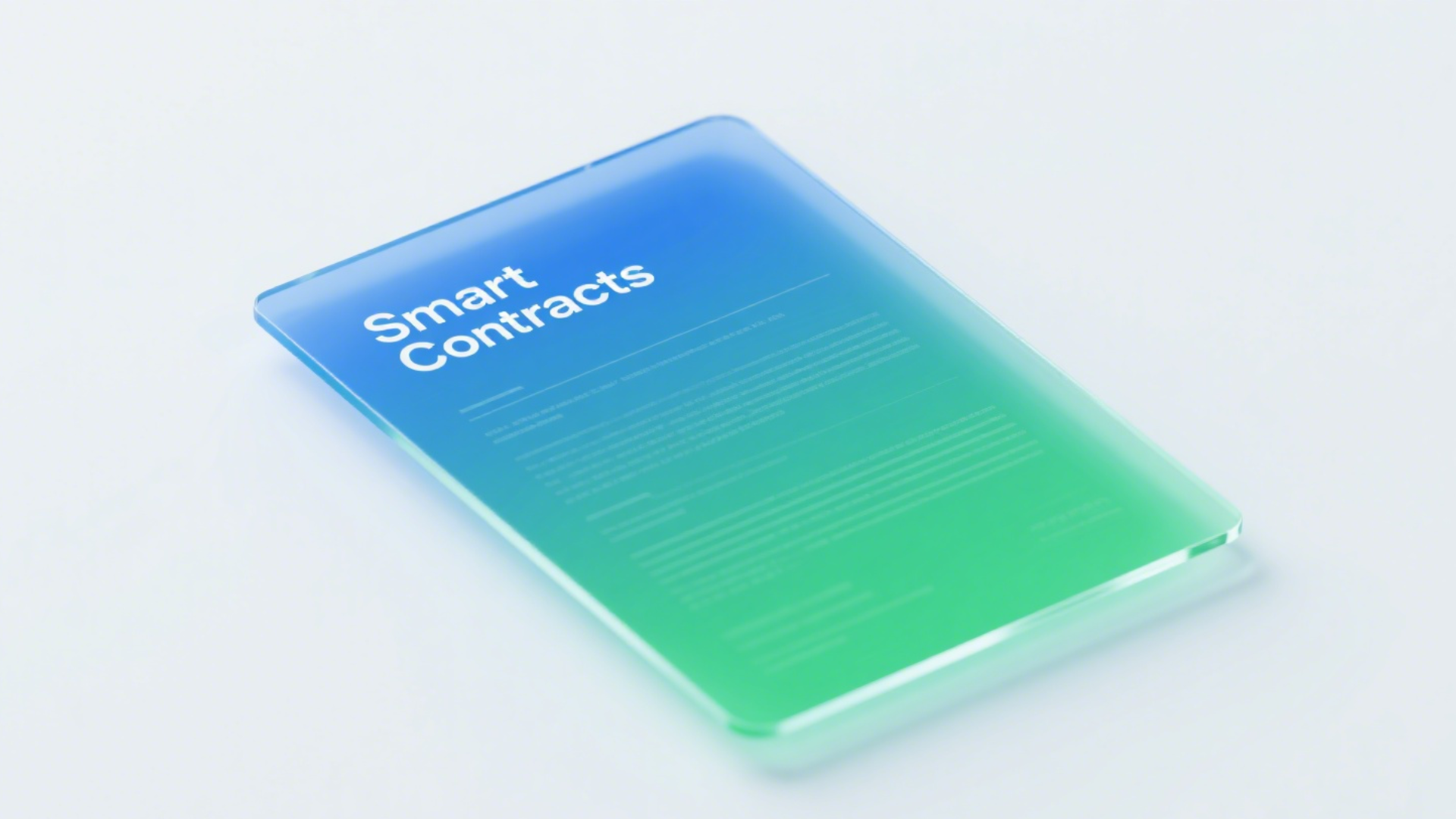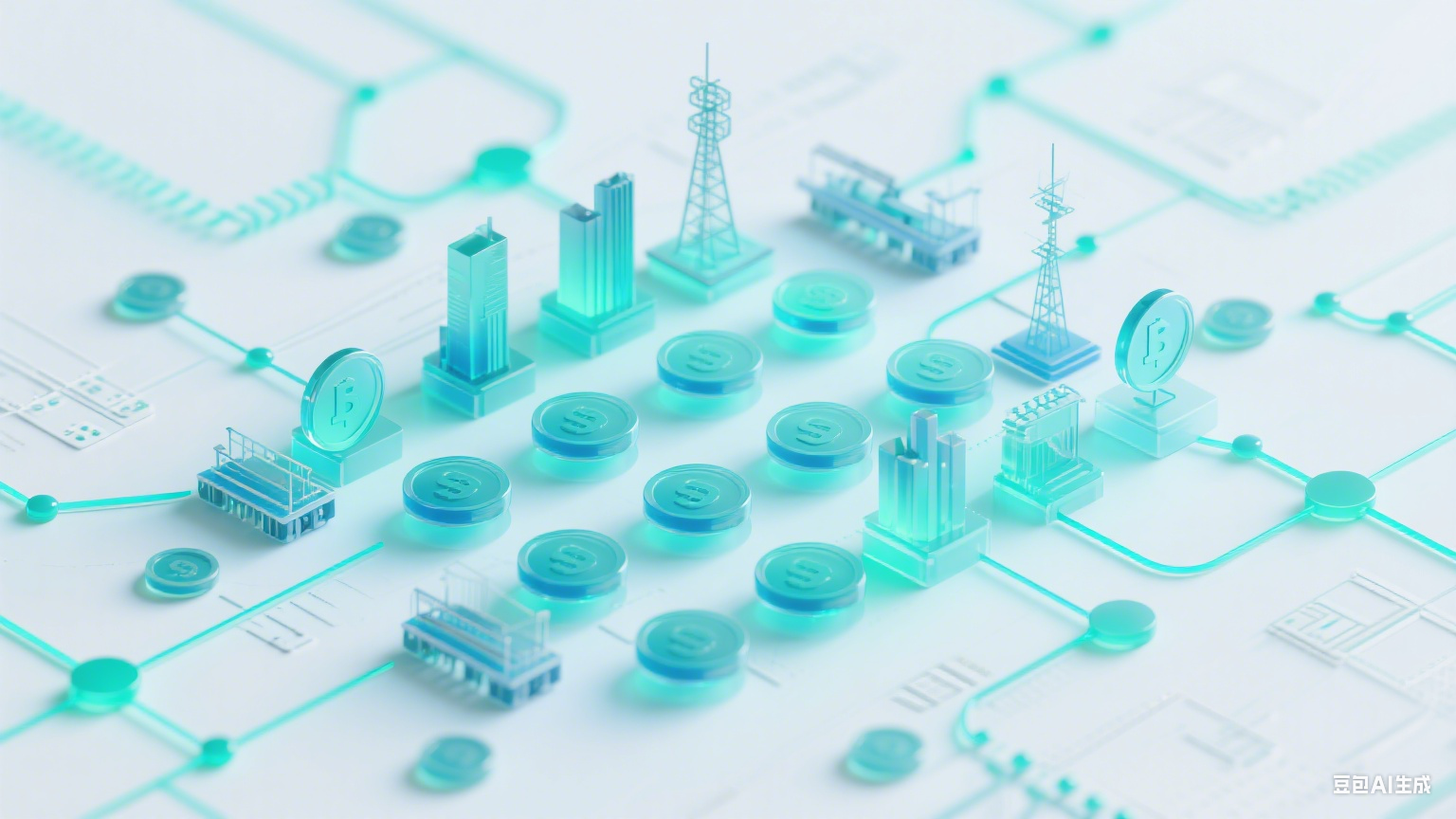作者: beta
-

RWA 內行話 - 什麼是數字資產托管、證券托管
—
by
Virtual asset custody and securities custody aim to protect investor assets, but they differ in nature, regulation, and operations. Virtual Asset Custody: Involves secure storage of cryptocurrencies (e.g., USDC), addressing risks like hacking and private key loss. Techniques like cold storage, multi-signature wallets, and multi-party computation (MPC) ensure asset security. Regulatory frameworks are evolving, requiring…
-

RWA 內行話 - 什麼是包裝代幣
—
by
Wrapped tokens convert one asset (e.g., BTC) into a standardized token (e.g., ERC-20 WBTC) on another blockchain to enable cross-chain interoperability. They work by locking the original asset in a smart contract or digital vault and minting equivalent tokens on the target blockchain, addressing blockchain incompatibility. For example, WBTC allows Bitcoin to be used in…
-

RWA 內行話 - 什麼是 DeFi 協議(去中心化金融協議)
—
by
Decentralized finance (DeFi) protocols are blockchain-based financial applications that provide lending, trading, and liquidity mining services through smart contracts, eliminating traditional intermediaries like banks or brokers. Operating on public blockchains like Ethereum, they ensure transparency, security, and global accessibility. For example, MakerDAO enables RWA lending via its DAI stablecoin, with a market size of $436…
-

RWA 內行話 - 什麼是白名單流轉
—
by
Whitelisting restricts blockchain transactions to addresses verified through KYC/AML processes, ensuring regulatory compliance and security. This mechanism is common in initial coin offerings (ICOs), initial exchange offerings (IEOs), and NFT launches, where participants must meet criteria like providing identity information or minimum investment amounts. Whitelisting prevents fraud and bot participation, ensuring fair token or asset…
-

RWA 內行話 - 什麼是智能合約
—
by
Smart contracts are self-executing programs on a blockchain that automatically execute transactions or operations based on predefined conditions (e.g., paying USDT). First proposed in 1994 by legal scholar and cryptographer Nick Szabo, smart contracts are now widely used on blockchain platforms like Ethereum, supporting complex decentralized finance (DeFi) and non-fungible token (NFT) applications. They are…
-

代幣化:提升傳統金融的資產投資
—
by
Tokenization is transforming asset management by converting real-world assets (RWAs) like real estate, bonds, art, and gold into digital tokens on a blockchain. For traditional finance professionals navigating Web3, tokenization offers a powerful tool to optimize portfolios with reduced costs, enhanced liquidity, and improved transparency. Drawing parallels with Nasdaq’s 1971 electronic trading revolution, this article…
-

現實世界資產 RWA 的當前狀態與未來展望
—
by
Real World Assets (RWAs) have emerged as a transformative force in finance, blending traditional assets with blockchain technology. As of July 2025, the RWA market is experiencing rapid growth, driven by institutional adoption and technological advancements. This final article in our three-part series explores the current state of RWAs, key developments, regulatory challenges, and future…
-

現實世界資產 RWA 代幣化的演進
—
by
Real World Asset (RWA) tokenization has transformed from a niche concept into a cornerstone of modern finance, reshaping how assets are owned, traded, and managed. For traditional finance professionals new to Web3, understanding the historical journey of RWAs provides critical context for their current significance. This second article in our three-part series traces the evolution…
-

現實世界資產 RWA:傳統金融的新前沿
—
by
As digital transformation reshapes the financial landscape, Real World Assets (RWAs) are emerging as a pivotal innovation, blending the stability of traditional assets with the efficiency of blockchain technology. For traditional finance professionals accustomed to managing equities, bonds, and real estate, RWAs offer a familiar yet transformative approach to asset ownership and investment. This article,…
